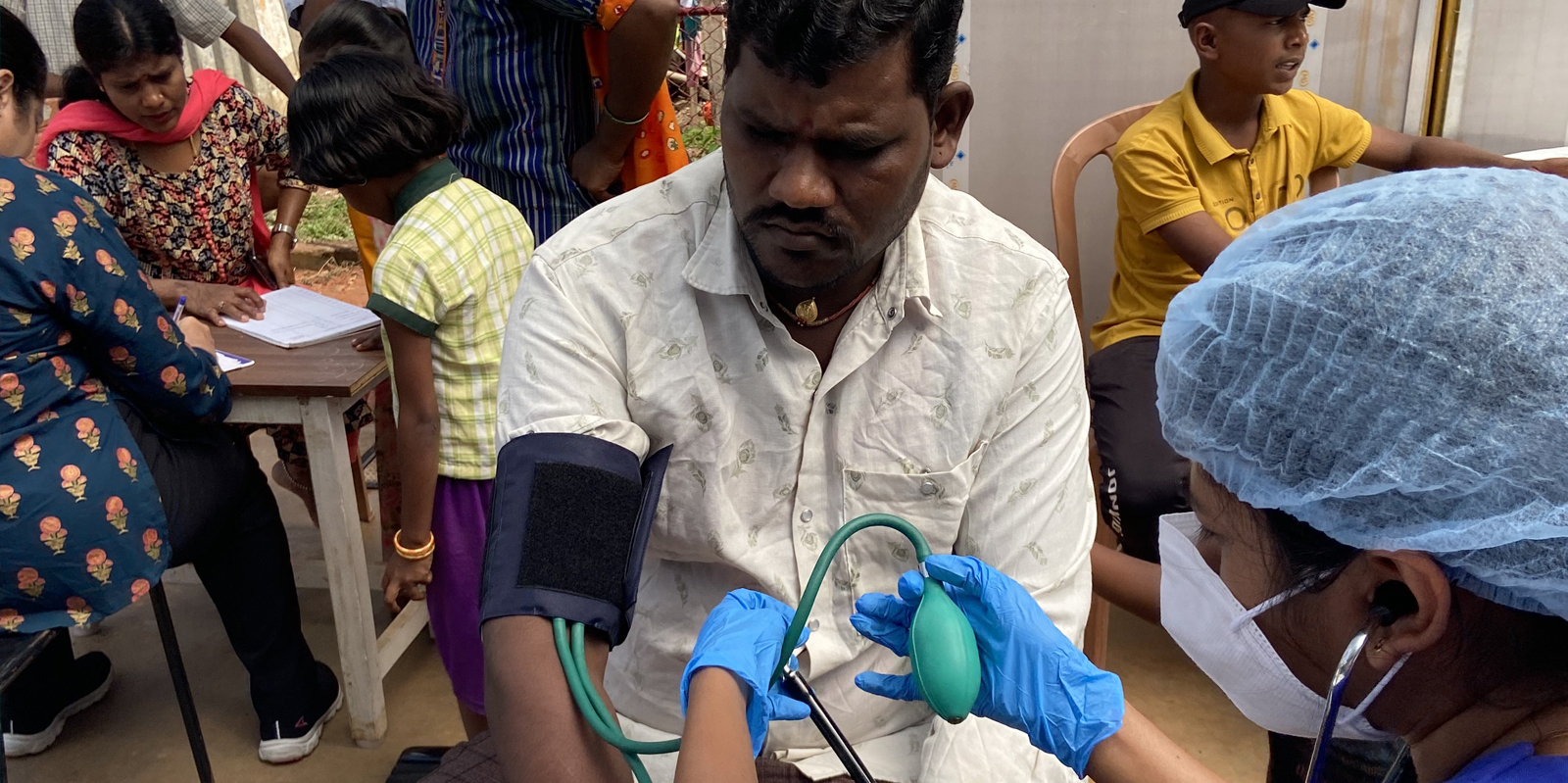

Healthcare
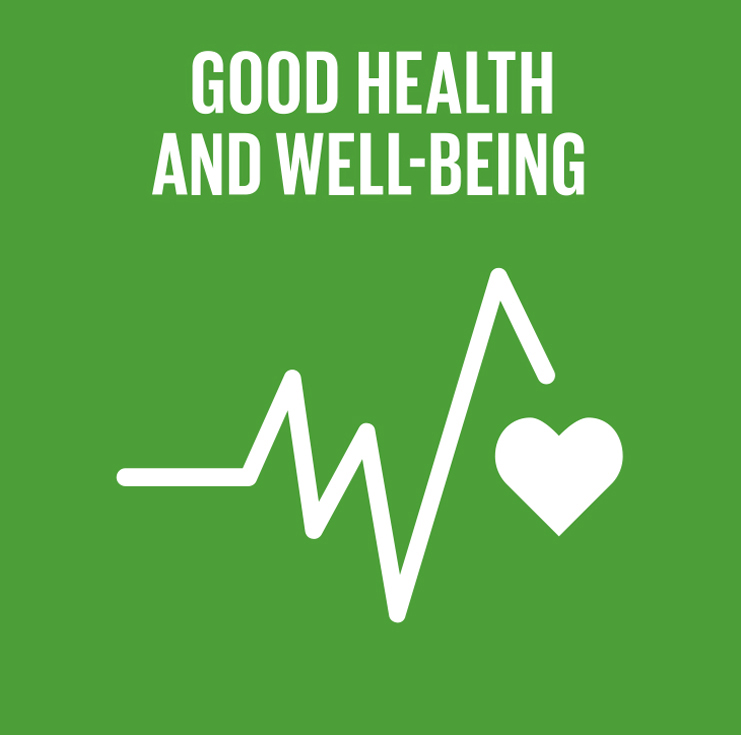
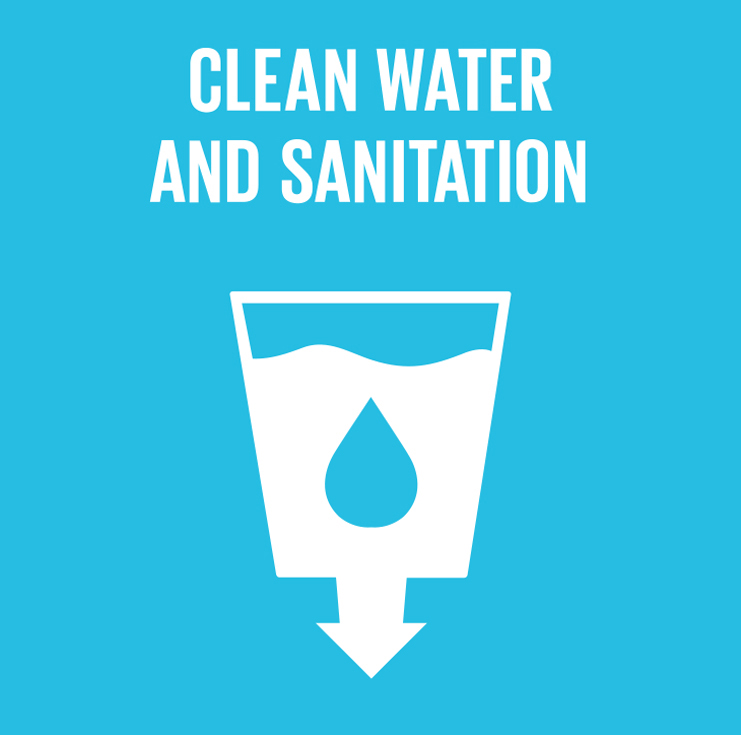
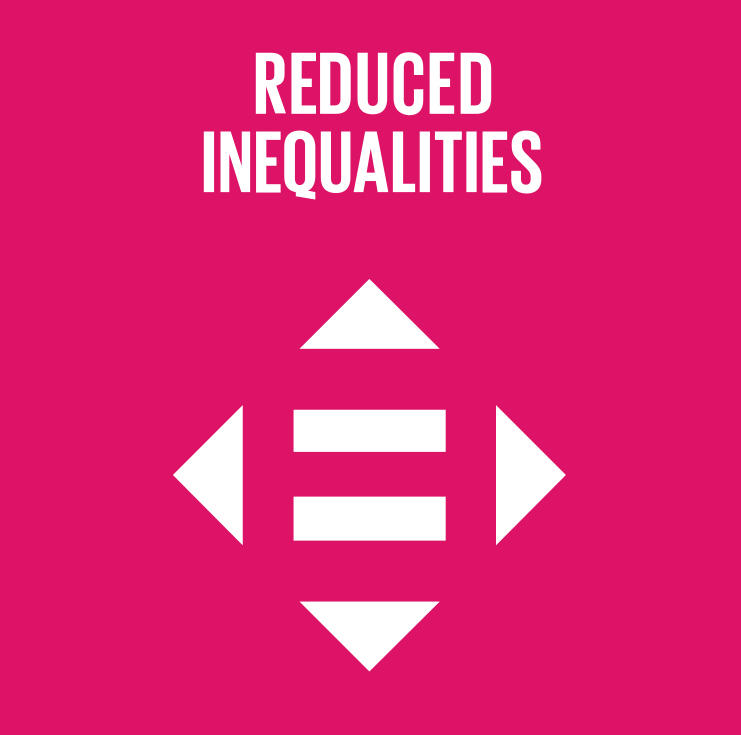
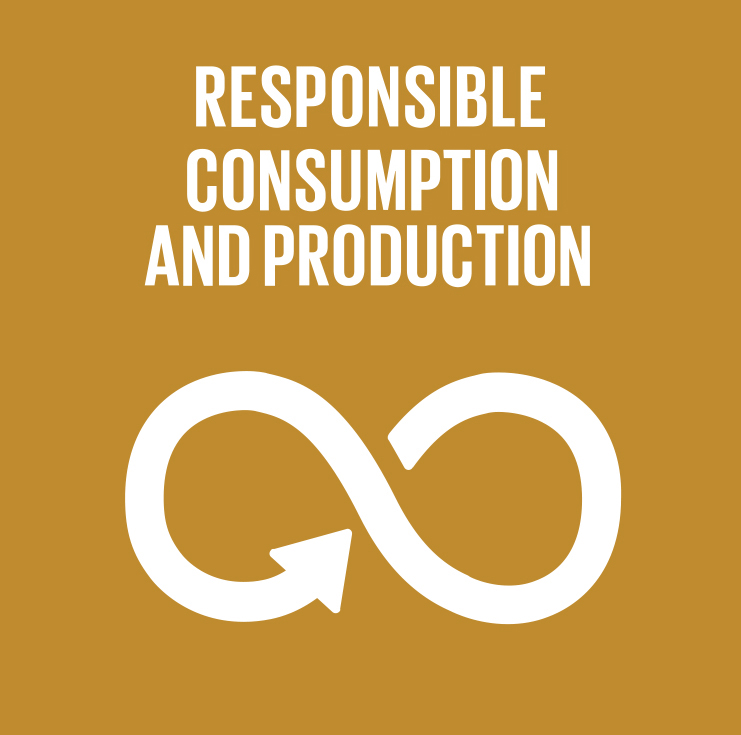
Promoting healthcare is essential to improving the quality of life and reducing health disparities amongst the underprivileged sections of society. We play a crucial role in providing access to healthcare services and creating awareness about preventive healthcare practices.
Clean and hygienic surroundings
Addressing the pressing issues of health and sanitation in our community, we cleared a 4500 square ft of neglected area with overgrown invasive parthenium shrub, known as carrot grass or gajar ghas in India. This harmful shrub poses serious health risks, causing conditions like dermatitis, hay fever, asthma, and bronchitis, particularly affecting children. This swampy area was also a breeding ground for mosquitoes, contributing to diseases like dengue and malaria. This vast area was not just a wasteland but an active health hazard.
Despite facing obstacles, such as demolishing a wall for the JCB equipment access, our team dedicated months to the cleanup project. The result was a successful establishment of a safe and clean environment, prioritizing the well-being of the children and adults in our community.
Creating a unique space – The Banyan Tree Park
Equipped with little knowledge about construction and civil work but armed with optimism and determination, we embarked on a journey that took us several months to transform our vision into a vibrant reality. In place of a hazardous swampy wasteland, we now have a thriving organic kitchen garden, a play area and indoor/outdoor classrooms!
The garden is taking shape beautifully. We have joined forces with Urban Mali Network, a Bangalore based NGO in the space of food gardens to collaboratively bring to life an abundant and sustainable community kitchen garden. The community children enthusiastically participate in sowing seeds, watering plants and harvesting produce. Now they are eagerly waiting to learn all about composting kitchen and garden waste and how they can reduce their carbon footprint. We have created an underground ring system that helps recharge ground water whenever it rains, judiciously utilizing this abundant natural resource.
The dedicated and safe play area for the 100+ community children is always packed, especially in the evenings, weekends and holidays and the laughter of children playing lights up the space. We have heard from the parents this has transformed the entire community and has brought a lot of joy to everyone. We have created a court for volleyball and kabaddi (a popular Indian sport). Sufficient space has been earmarked for play equipment for toddlers which we hope to source in the next few months.
The indoor/outdoor classroom is a unique (and a fabulous) structure that was put together by incorporating two 20’x8’x8′ shipping containers that we sourced from a shipping yard – repurposed (thanks to Gunjan Das of NG Associates for the interior design), painted (by student volunteers over Summer holidays) and created indoor classrooms. The two containers are separated by 16′ of covered space, that serves as a spacious outdoor area. All community activities are now held here. We run spoken English classes here every evening. We recently utilized this space for a general health and eye check-up camp for the community and a fun Diwali celebration for the Anugraha pre-schoolers.
We are incredibly proud of this structure, this entire area “The Banyan Tree Park’, which might perhaps be the first of its kind anywhere in any underprivileged community within India.
Health check-up program
Rotary Club, Bangalore ran a general health check-up camp for all age groups for our community on 11th August, 2024. We also included a neighbouring community across from ours. 152 individuals got themselves tested. This comprehensive testing included BP, sugar, general health as well as eye testing. Several individuals with a problem with their eyesight received free glasses after a couple of days. While most people turned out to be healthy, some have issues, a few as grave as heart condition and orthopaedic problems, which will be addressed by us with further investigation and treatment by specialists. Several people need a visit to a dentist for sure! We will perhaps run a dental hygiene awareness program shortly at the community.
This initiative will be an ongoing endeavour, repeated every year. Currently they do not have any such preventive healthcare programs and its the first time that a comprehensive health check-up has been done for them.
Most daily wage workers in India do not have healthcare coverage. They told us that they do not like to get tested because they will not be able to afford treatment if they needed one. They would rather not know than know and not be able to get treatment.
Menstrual hygiene
Collaboration: Asan
Menstrual hygiene is an extremely crucial aspect of a woman’s health and well-being, but it is often overlooked in India. Despite the progress made in recent years, many women still lack access to proper menstrual products and information about menstrual hygiene. This leads to embarrassment, shame, and health problems.
Our solution to this issue was to introduce menstrual cups to the women in the community. A menstrual cup is a reusable sanitary product made of medical-grade silicone or rubber. It is inserted into the vagina to collect menstrual blood and can be worn for up to 12 hours at a time. Unlike many other options, menstrual cups do not pose a risk of toxic shock syndrome and are more environmentally friendly.
Using a menstrual cup can significantly reduce one’s individual carbon footprint. As compared to tampons and pads, the cup can be used for a longer time, thus reducing generation of waste; its manufacturing involves less energy and resources; and there’s less usage of plastics.
Currently, awareness about menstrual cups is low in India, and many women are hesitant to try them due to misconceptions and lack of information. We have come to realize that a way to spread awareness is through programs that educate women about menstrual hygiene and the benefits of menstrual cups.
We have partnered with a company called ASAN which manufactures menstrual cups known as the ‘Asan Cup’ and carries out educational drives to educate women from low income communities on menstrual health and hygiene.
By providing both accurate information and a brand-new menstrual cup, we are aiding individuals in making informed choices about menstrual products and maintaining safe menstrual practices.
We distributed 80 menstrual cups to volunteers from the community and gathered feedback over the course of three months. This approach allowed us to identify key ‘influencers’ among the women. Our current efforts are directed towards raising awareness to promote greater adoption in the future.
Potable water
This was the first initiative we took up as soon as we started funding the pre-school, that was recently forced to shutdown due to sudden withdrawal of funding by the state government. When we realized that the drinking water was unsafe, we quickly installed a water filter at the pre-school (that’s within the premises), to ensure safe drinking water for infants and young children. We hope to implement a larger water filtration system at the source for the entire community in the coming months.
Nutritious food
Sampoorna Ahara, a Non-Governmental Organization (NGO) providing plant based whole food to underserved communities has been supporting our community children for the past one year. They have been providing us nutritious grains that is cooked at the pre-school and served to the children on a daily basis. This commendable initiative aims to enhance the nutritional well-being of the students, aligning with a broader healthcare initiative.
The focus on plant-based, protein-rich food reflects a commitment to promoting a healthy and sustainable dietary approach. This initiative recognizes the importance of a balanced diet in supporting the physical and cognitive development of young children.
The collaborative effort between the NGO and the pre-school aligns with a holistic approach to community well-being, combining educational support with essential healthcare components. By addressing both nutritional and educational needs, this initiative strives to create a more comprehensive and sustainable impact on the overall health and development of the children in the community.
Copyright © 2025 Anugraha Project. All rights reserved.
